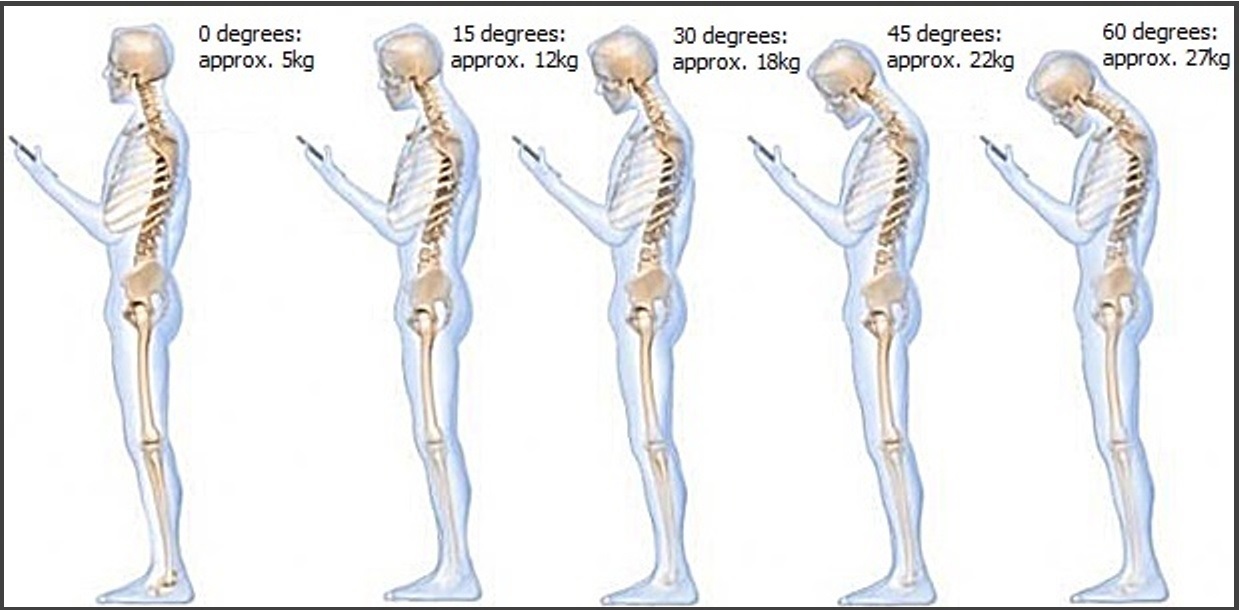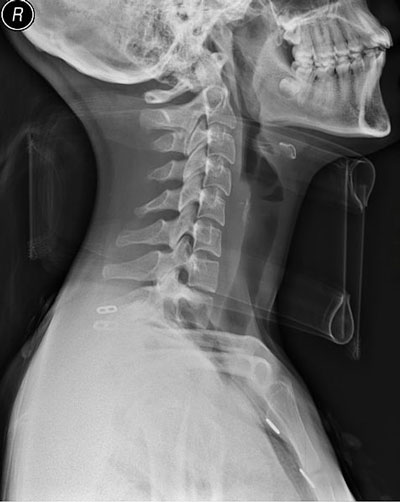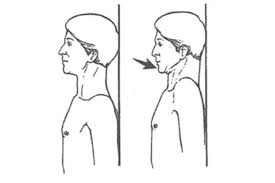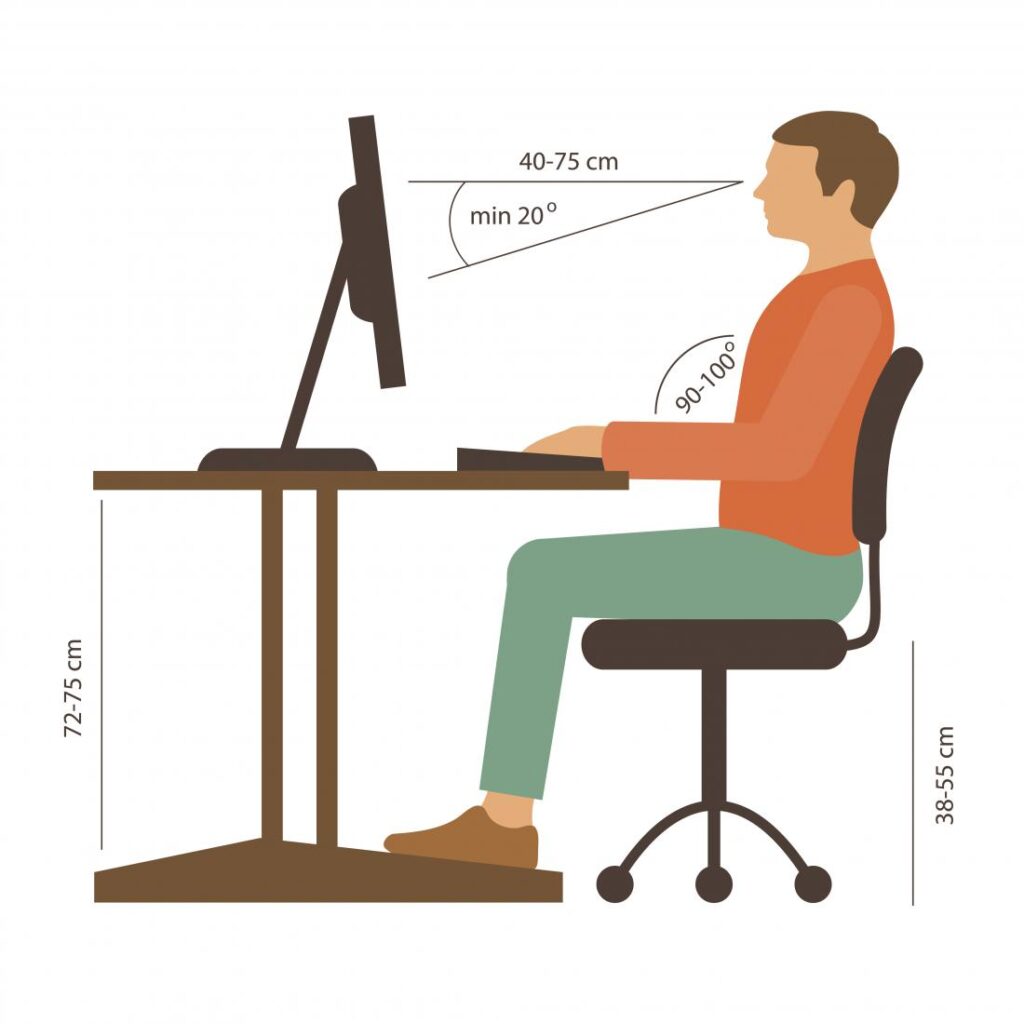Introduction
Neck pain can be a real nuisance, affecting your daily life and overall well-being. Whether it’s caused by poor posture, muscle strain, or underlying medical conditions, herer are the 10 Best Remedies For Neck Pain which are crucial in management of Neck pain.

Knowing the Neck Pain
Common causes Of Neck Pain
Neck pain can arise from several causes, such as muscle strain, poor posture, injuries, and degenerative diseases. Spending long hours hunched over a computer, using mobile phones, sleeping in awkward postures etc.,
Symptoms
- Localized Pain: Pain in the neck area, which can range from a dull ache to sharp, stabbing sensations.
2. Stiffness: Difficulty in moving the neck, especially when trying to turn the head from side to side.
3. Radiating Pain: Pain that extends from the neck to the shoulders, arms, or upper back, sometimes down to the hands and fingers.
4. Headaches: Neck pain can be associated with tension headaches or even migraines, often felt at the base of the skull.
Muscle Spasms: Tightness and involuntary contractions of the neck muscles.
Numbness or Tingling: A sensation of pins and needles, numbness, or weakness in the arms or hands, which may indicate nerve irritation.
Reduced Range of Motion: Difficulty or discomfort when trying to do the neck movements for daily activities .
Tenderness: The neck may feel tender to touch, especially around the affected muscles or cervical joints.
Swelling: very rearly there can be Inflammation or swelling in the neck area.
Dizziness or Lightheadedness: Neck pain may be accompanied by feelings of dizziness or balance issues in few people.
Diagnosis
Physical Examination
- On Palpation: Tenderness, muscle spasms, or lumps.
- Range of Motion: Assess the range of motion and identify movements that cause pain by making neck movements.
- Neurological Exam: This may involve checking reflexes, muscle strength, and sensation in arms and hands to identify if there is nerve involvement.
Diagnostic Tests
- X-rays: These can reveal bone-related issues, such as fractures, degenerative changes, or misalignment in the spine.
- MRI (Magnetic Resonance Imaging) Scan: An MRI provides detailed images of soft tissues, including discs, muscles, nerves, and the spinal cord, helping to identify herniated discs, nerve compression, or other soft tissue injuries.
- CT ( computed tomography ) Scan: A CT scan provides more detailed images of the bones and can be helpful in diagnosing more complex issues.
- Electromyography (EMG): In case of nerve damage is suspected, an EMG can measure the electrical activity of muscles and help diagnose nerve compression or other neuromuscular disorders.
- Blood Tests: Blood tests might be ordered to rule out infections, inflammation, or systemic conditions like rheumatoid arthritis.

Sample image
10 Best Remedies For Neck Pain
1: Hot and Cold Therapy
How to Use Heat and Cold for Relief
Alternating between hot and cold therapy can be an effective way to reduce inflammation and soothe sore muscles. Apply a cold pack wrapped in a cloth for 15-20 minutes with a gap of 1 mintue for every 5 minutes to numb the area and reduce swelling and repeate the same for every 4-5 hours in acute neck pain. Follow with a heating pad or warm towel for another 15-20 minutes to relax muscles and improve blood flow this is one of the 10 Best Remedies For Neck Pain
Benefits and Precautions
While this method provides quick relief, it’s important not to apply extreme temperatures directly to the skin. Always use a barrier, like a towel, and avoid prolonged exposure to prevent burns or frostbite.
2: Gentle Stretching Exercises
Types of Stretches for Neck Pain
Stretching helps improve flexibility and reduce tension. Some effective stretches include the chin tuck, where gently pull the chin towards the chest, and the side neck stretch, which involves tilting the head to one side.

How to Perform Stretches Safely
Perform these stretches slowly and avoid sudden movements. Hold each stretch for about 5-10 seconds, 5-10 times and repeat 2 times per day for better improvement, person should ensure not to push beyond the comfort zone, which could exacerbate pain.
3: Proper Posture
Importance of Maintaining Good Posture
Good Posture is key to preventing and alleviating neck pain. Poor posture, like slouching, can strain neck muscles and lead to discomfort.
Tips for Improving Posture

Keep the back straight, shoulders relaxed, and ears aligned with the shoulders when sitting or standing. Ergonomic chairs and desk setups can support proper posture, especially for the people spend long hours working at a desk.
4: Massage Therapy
Benefits of Massage for Neck Pain
Massage therapy can relieve tension and improve circulation in the neck area. It’s a great way to relax muscles and reduce stress.
Self-Massage Techniques and Professional Options
people can try self-massage techniques like gently kneading the back of the neck or using a tennis ball to roll out tight spots. Professional massages, particularly those focusing on the neck and shoulders, can provide deeper relief.
5: Over-the-Counter Pain Relievers
Common Medications for Neck Pain
Non-prescription pain relievers, such as ibuprofen or paracetmol, can help manage pain and inflammation.
Usage Guidelines and Precautions
Always follow the recommended dosage and consult with a healthcare provider if you have any underlying conditions or are taking other medications.
6: Ergonomic Adjustments
Ergonomic Tools and Workspace Setup
Adjust the workspace to support neck health. Use a chair with good back support, position the computer monitor at eye level, and ensure the keyboard and mouse are within comfortable reach.
7: Physiotherapy
Role of Physiotherapy in Treating Neck Pain
Physiotherapy can be highly effective in treating chronic neck pain. Therapists use Electrotherapy, exercises and manual techniques to strengthen muscles and improve mobility.
Techniques and Exercises Used by Therapists
Common exercises include isometric neck exercises, where the resisted movement with the hand, and range-of-motion exercises to keep the neck flexible.
8: Hydration and Nutrition
How Hydration Affects Muscle Function
Staying hydrated helps maintain muscle function and prevents cramps. Dehydration can lead to stiff muscles and joints, exacerbating neck pain.
Nutrients That Support Muscle and Joint Health
Incorporate nutrients like magnesium, calcium, and omega-3 fatty acids into the diet to support muscle and joint health. Foods rich in these nutrients include leafy greens, nuts, seeds, and fatty fish.
9: Mindfulness and Relaxation Techniques
Stress Reduction and Its Impact on Neck Pain
Stress often manifests physically, leading to tension in the neck and shoulders. Mindfulness and relaxation techniques can help reduce this tension.
Methods Like Meditation and Deep Breathing
Practices like meditation, yoga, and deep breathing exercises can lower stress levels and relax the muscles, providing relief from neck pain.
10: Acupuncture and Alternative Therapies
Overview of Acupuncture for Neck Pain
Acupuncture involves inserting thin needles into specific points on the body to relieve pain. It’s a traditional Chinese medicine practice that has been shown to help with various types of pain, including neck pain.
Other Alternative Treatments Like Chiropractic Care
Other alternative treatments, like chiropractic adjustments, can also be beneficial. Chiropractors can realign the spine and neck, potentially alleviating pain and improving function.
Preventing Neck Pain
Daily Habits to Prevent Neck Pain
Incorporate daily habits like regular stretching, maintaining good posture, and taking breaks from sitting to prevent neck pain.
Exercises and Lifestyle Changes
Regular physical activity and maintaining a healthy weight can also reduce the risk of developing neck pain.
When to See a Doctor
Signs That Neck Pain Needs Medical Attention
If neck pain is severe, persistent, or accompanied by symptoms like numbness, tingling, or weakness in the arms or hands, it’s important to seek medical attention.
What to Expect During a Medical Consultation
A doctor may perform a physical examination and the medical history. They might recommend imaging tests or refer to a specialist, like a neurologist or orthopedic doctor.
Conclusion
Neck pain can be a debilitating condition, but with the right remedies and lifestyle changes, it’s possible to find relief and improve the quality of life with the above 10 Best Remedies For Neck Pain. From simple adjustments like improving posture to more involved treatments like physiotherapy or acupuncture, there are numerous ways to tackle neck pain. Always consult with a healthcare professional before starting any new treatment, especially if the pain persists or worsens.